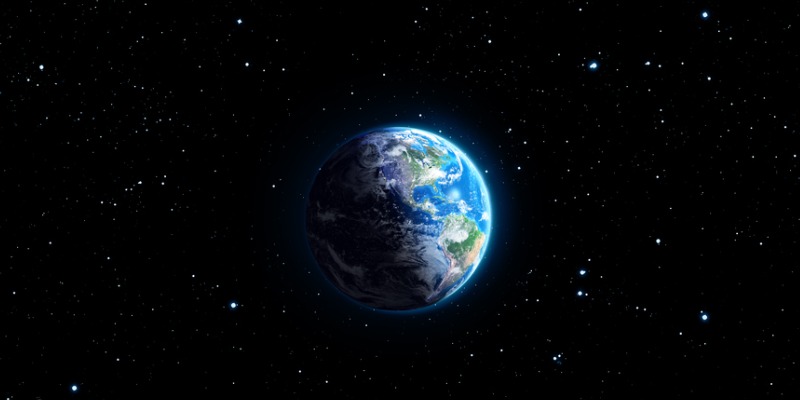UN climate elites call for money from the West, issue warning about the ‘transition’

The world’s climate policy elites have wrapped up their Conference of the Parties (COP28) in the United Arab Emirates, hopped back onto their private jets and headed home (spewing carbon emissions all the way). But not before issuing their latest manifesto on global climate change policy for our holiday reading. What do the world’s climate elites have in store for us?
First and foremost, one needs to understand that the United Nations climate agenda is about global wealth redistribution, and the usual political agenda of the UN. The very first paragraph of the manifesto makes the social justice agenda explicit: “Parties should, when taking action to address climate change, respect, promote and consider their respective obligations on human rights, the right to a clean, healthy and sustainable environment, the right to health, the rights of Indigenous Peoples, local communities, migrants, children, persons with disabilities and people in vulnerable situations and the right to development, as well as gender equality, empowerment of women and intergenerational equity.”
The second paragraph reaffirms that global wealth redistribution is at the heart of things. “Also recalling Article 2, paragraph 2, of the Paris Agreement, which provides that the Agreement will be implemented to reflect equity and the principle of common but differentiated responsibilities and respective capabilities, in the light of different national circumstances.” This is a long-winded way of saying the West is going to pay for all this stuff, and transfer a lot of its wealth to the UN’s designated less-developed countries. Specifically, this year’s manifesto repeats the call for the world’s developed countries to pony up US$100 billion per year to fund various UN initiatives such as the “green climate fund,” the “adaptation fund,” the “special climate change fund” and the “least-developed countries” fund.
On the actual nuts and bolts of climate policy, they have stayed with their arbitrary target of limiting global average temperature change to 1.5 degrees Celsius from the pre-industrial average, and their overarching agenda of achieving “net-zero” greenhouse gas emissions by 2050. And they issued various specific steps toward these goals, such as tripling renewable energy globally by 2030, accelerating the use of “unabated” coal power, accelerating the transition to zero-emission (electric) vehicles, accelerating the deployment of low- and zero-greenhouse gas emitting forms of electrical generation (including, amazingly enough, nuclear power), and so on.
And for the first time, they explicitly called for, via the UN secretary general, the “transition away from fossil fuels—after many years in which the discussion of this issue was blocked.” And issued a warning. “To those who opposed a clear reference to a phase out of fossil fuels in the COP28 text, I want to say that a fossil fuel phase out is inevitable whether they like it or not. Let’s hope it doesn’t come too late,” adding that the “era of fossil fuels must end—and it must end with justice and equity.”
The UN’s latest climate manifesto is pretty much business as usual. Same arbitrary target of limiting warming to 1.5 °C, net-zero emissions by 2050, same boosting of a “renewables” transition, transport electrification, and so on. The new explicit call for moving away from fossil fuels will likely be the biggest theme in coming years, with increasing vilification and penalization of oil and gas producers (in the West) who have now been put on the species to become rendered extinct list. This will be happy holiday music to the ears of Prime Minister Trudeau and Environment Minister Guilbeault, but not likely a popular tune in the Prairies.
Author:
Subscribe to the Fraser Institute
Get the latest news from the Fraser Institute on the latest research studies, news and events.

